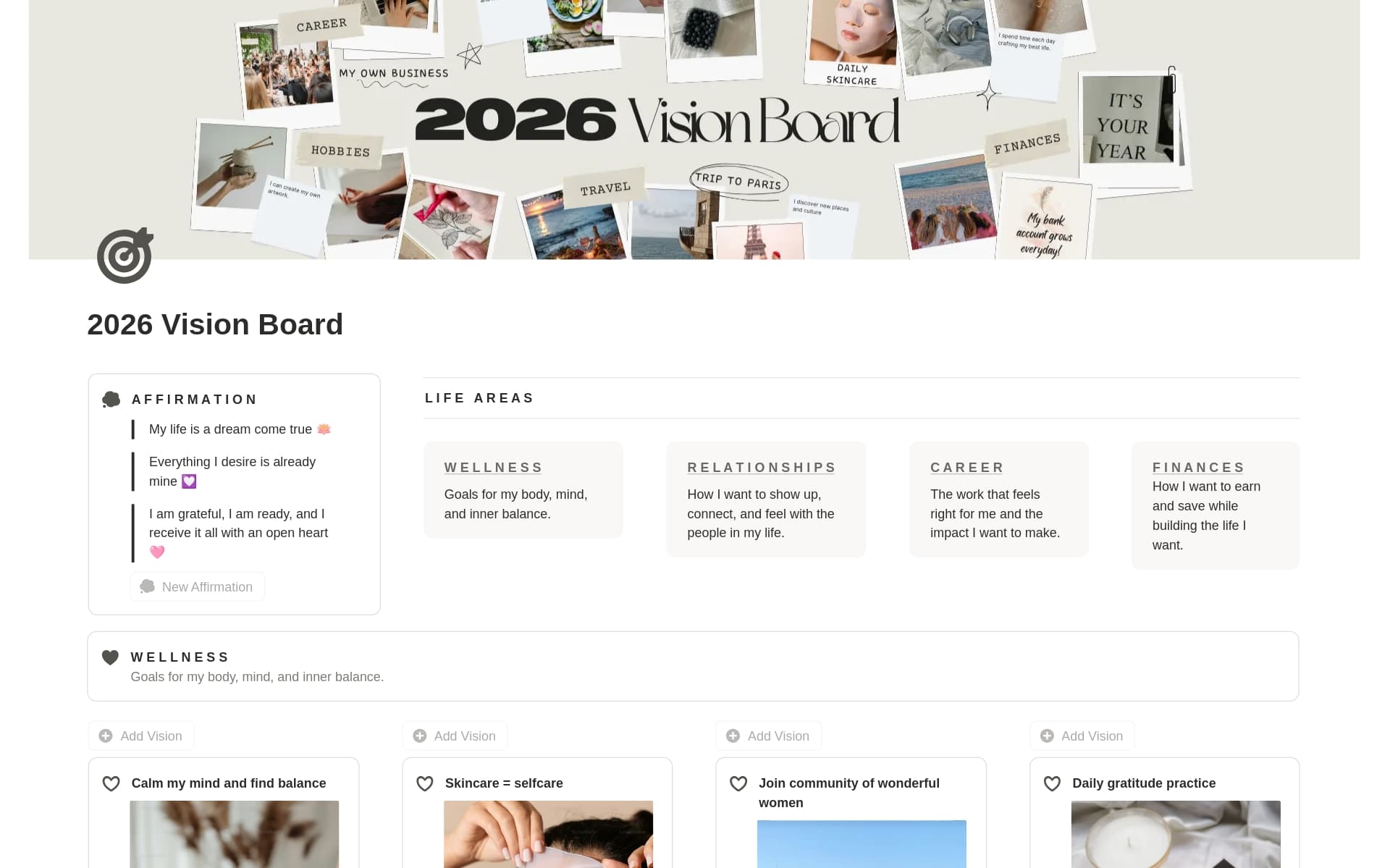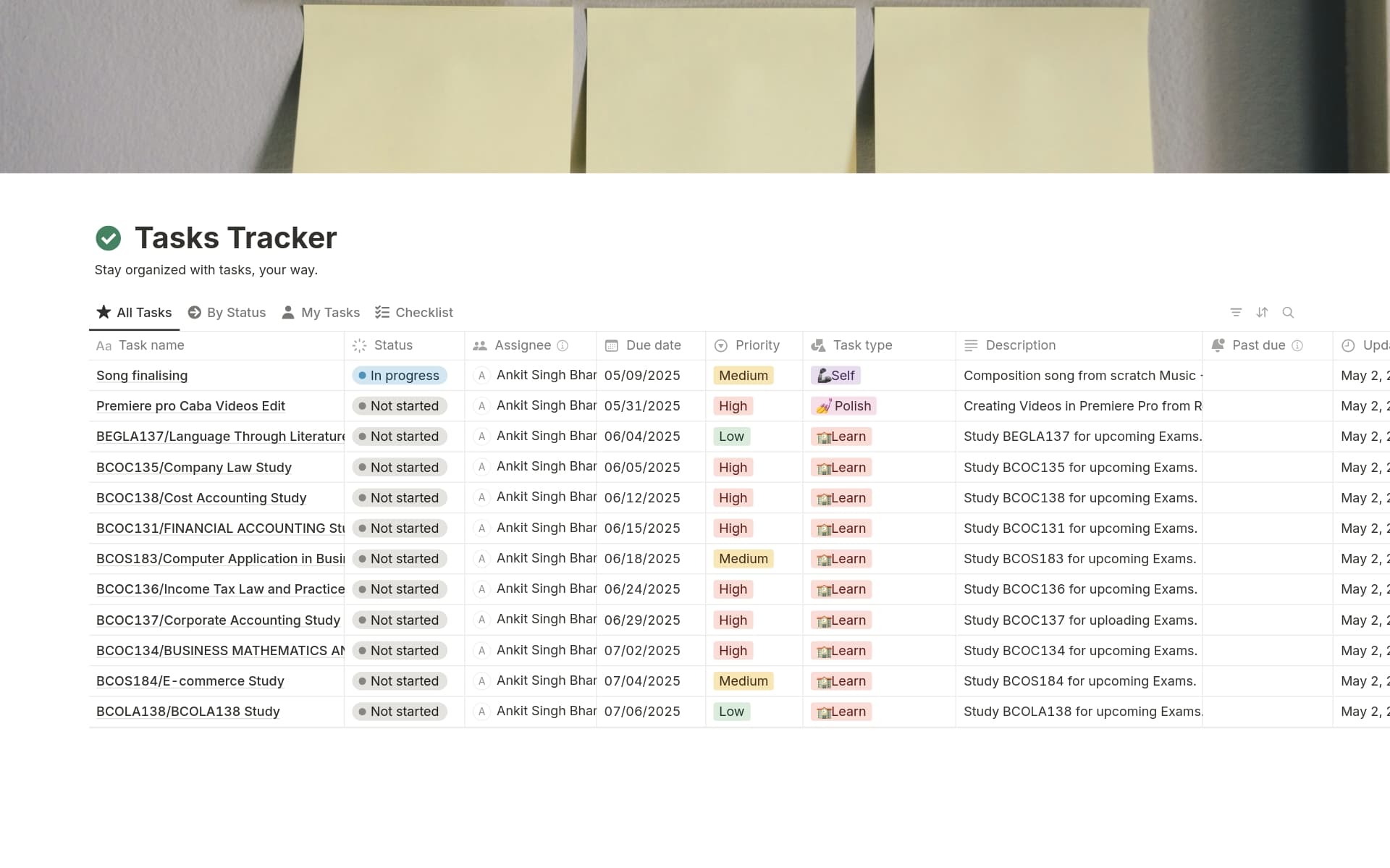Having a Meal Planner is crucial for maintaining a balanced diet, saving time, and reducing food waste. It allows you to organize your weekly meals, ensure nutritional balance, and streamline grocery shopping. A Meal Planner template in Notion can simplify this process by providing a structured format to plan your meals, track recipes, and manage your grocery lists, all in one place.
Before you dive into creating your own Meal Planner, take a look at these Notion templates to make the process even easier. They offer a variety of features and aesthetics to suit your personal preferences and dietary needs.
What Should Meal Planner Templates Include?
Choosing the right Meal Planner Template in Notion can streamline your meal preparation and ensure a balanced diet. Here are key components to look for in a high-quality template:
Weekly Meal Planning: A section dedicated to organizing your meals by day and meal type (breakfast, lunch, dinner) for easy at-a-glance planning.
Shopping List Integration: The template should include a feature that automatically generates a shopping list based on your meal plans, saving time and reducing food waste.
Nutritional Information: Look for templates that provide nutritional insights such as calories, macros, or even micros, which can help in maintaining a healthy diet.
Recipe Management: An area where you can store recipes or links to recipes, and easily incorporate them into your weekly meal plan.
With these components, a Meal Planner Template not only simplifies the process of meal planning but also helps in achieving your dietary goals efficiently.
What Should Meal Planner Templates Avoid?
When selecting a meal planner template in Notion, it's important to be aware of certain features that might complicate your meal planning process rather than streamline it. Here are three key components to steer clear of:
Overly Complex Layouts: Templates with too many sections or intricate designs can make it difficult to quickly enter or find information. Simplicity is key for usability.
Non-Customizable Fields: Avoid templates that don't allow you to edit or add new fields. Flexibility in modifying categories and ingredients is essential for tailoring the planner to your dietary needs.
Fixed Meal Slots: Templates that restrict meal planning to specific times or days can limit your flexibility. Look for a template that allows you to plan meals based on your unique schedule and preferences.
Choosing the right template involves looking for one that enhances your meal planning without adding unnecessary complexity. A good template should feel like a natural extension of your daily routine.




